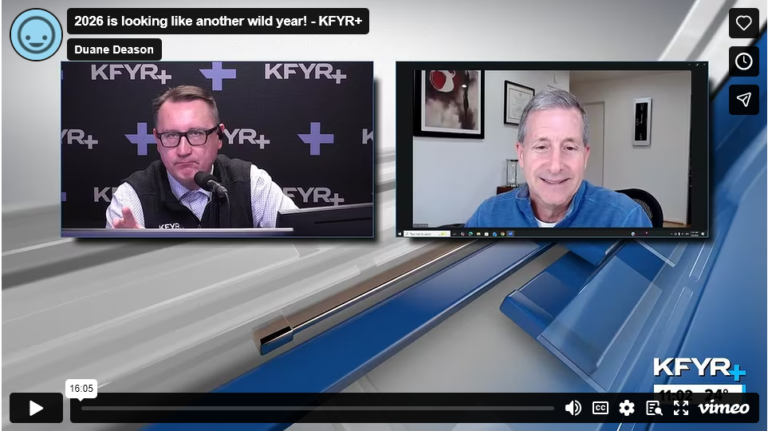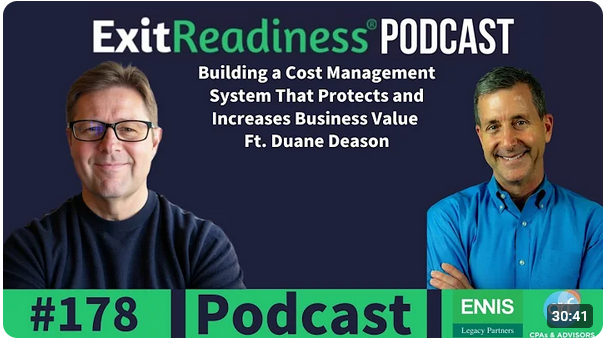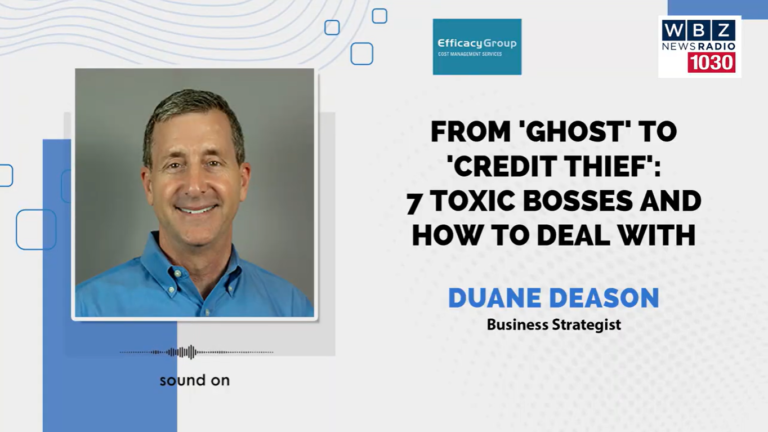How much to pay in taxes has long been debated in the United States with the party currently in power advocating that it should be less. So much so that despite a country-crushing annual deficit and debt level approaching $2 trillion and $37 trillion, respectively, we seem poised to cut taxes by a record amount. What if there were a national tax that even a tax-a-phobic lawmaker could endure because they knew it could cure the country’s fiscal woes?
The new tax that I propose is an Interest Tax. The purpose of this tax is to cover, or at least contribute to, the annual interest paid on our national debt. How could this tax help solve the nation’s fiscal problems? It is not that the additional tax revenue would lower our annual deficit, thus helping to slow the rate of the debt increase, because any tax increase would accomplish that. What is different with an Interest Tax is that by highlighting it as a separate tax, it builds much-needed awareness that the country is in a real financial pickle. Nothing says more about having a national debt problem than asking citizens to pay a specific tax to cover the related interest consequences.
To buy my argument, you have to agree that a significant reason that we have an approaching debt and deficit crisis is that it is not a priority to the average voter. We elected government representatives who helped make this fiscal mess while they still enjoy stunning reelection rates. The debt and deficit barely make for political talking points, and the media is not exactly helping to sound the alarm. My point is apparent in a Gallup Poll, taken a month before our last presidential election, in which the national deficit or debt did not even make the top ten list of voter concerns. I would argue the underlying issue is the financial literacy of the average citizen, but that is a different article.
By voters having to pay a tax specifically attributed to the spending consequences of our government, the issue is going to get the attention it desperately needs. This would be particularly true if the Interest Tax rose annually to cover the corresponding increase in interest payments on the national debt. Taxpayers would finally see the outcome of our fiscal mismanagement. Only then will voters demand that something be done to address the issue.
Once voters demand change from their representatives, you can expect each party to view the solution to balancing our budget differently, with one focusing on spending reduction and the other on further tax increases. Either strategy is capable of improving the situation and brings about its own form of pain to citizens. I am a believer that we have passed the time when we could do either or and now need both to come close to balancing the national budget.
With the annual interest on our national debt approaching $1 trillion, many would point out that it is unrealistic that taxpayers could absorb such a large increase in taxes. I totally agree. With total federal collections at around $5 trillion per year, that would imply we would need to increase all sources of income by twenty percent. That is too dramatic an increase to absorb in one year. It would have to be phased in over time, maybe even a decade or more before there was one hundred percent coverage. If our annual interest payments ever began to decline, this Interest Tax could decline proportionally.
The Interest Tax can be applied progressively or flat, but I contend a progressive application is the only realistic option. However, it should be less progressive than our current income tax structure that does not collect taxes from approximately 47% of tax filers. It is important that an Interest Tax should be paid by all voters to ensure the key awareness benefit is received by all.
There are those that believe our debt and deficit problems can be managed by a combination of cuts in government spending and increased revenue growth. That might have been true a decade or two ago, but it is not realistic today. Given our current spending priorities on entitlements and the $2 trillion annual deficit, the math just does not work. Taxes will need to be part of the solution to the hole we are in.
The strategy of instituting an Interest Tax also applies to any country or state with excessive debt. Many of our states have debt problems that rival the national level.
I will conclude with a warning that the U.S. is approaching a fiscal cliff and picking up speed. Time is running out and the problem only gets more difficult to solve each year we add to our mammoth debt. We are down to picking the best of painful solutions. My proposed Interest Tax certainly falls into the painful solutions category, but it could save our country from financial ruin. Our representatives will only have the courage to act if their voters demand it… so demand it!
Duane R. Deason
Mr. Deason has spent the last 25 years in the field of cost management. He is President of The Efficacy Group, a company dedicated to helping its clients better manage costs to improve profit and performance. Mr. Deason is a Certified Public Accountant and has an MBA from Georgetown’s McDonough School of Business.









